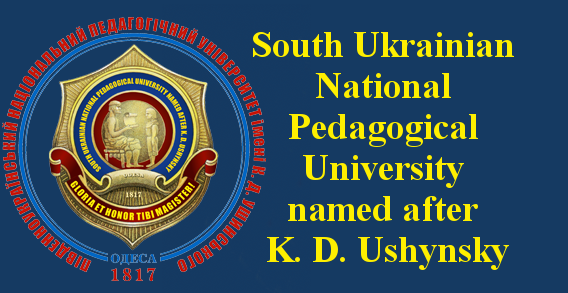On November 19, 2025, a guest lecture on the topic “EMDR therapy: basic principles of the method and principles of self-help” was held, which was conducted by Anastasia Bolshakova - Doctor of Psychological Sciences, Professor of the Department of Psychology of H. S. Skovoroda KhNPU, member of the UACBT and EMDR-Ukraine.
The event was held on the Zoom platform and brought together interested applicants for the second (master's) level of the EPP "Applied and Practical Psychology", the third (educational and scientific) level of the ESP "Psychology" and the scientific and pedagogical staff of the Department of General and Differential Psychology.
The lecture was dedicated to one of the most modern and scientifically sound approaches to working with psychological trauma - EMDR therapy. The lecturer explained that this method is aimed at processing traumatic memories and restoring natural mechanisms for processing information that can be blocked after stressful or shocking events. The method is based on bilateral stimulation, most often in the form of eye movements, which helps reduce emotional tension and promotes the formation of more adaptive beliefs.
During the lecture, the scientific principles of EMDR were revealed, in particular, the connection of the method with processes similar to those activated in the sleep phase. The lecturer outlined the main indications for the use of EMDR therapy: post-traumatic stress disorder, phobias, anxiety disorders, the consequences of violence and loss, acute stress reactions and emotional exhaustion. She emphasized that the method has a significant evidence base and is widely used in world practice.
A separate part of the lecture was devoted to self-help techniques that can be used in everyday life. These include exercises to create a “safe place”, light forms of bilateral stimulation, such as the “butterfly” technique, as well as breathing and visualization practices aimed at stabilizing the condition and reducing stress. The lecturer emphasized that such techniques do not replace professional therapy, but can become a useful tool for self-regulation.
Overall, the lecture was informative and useful, presented in an accessible form and supported by practical examples. Anastasia Bolshakova's speech allowed us to get a holistic idea of the essence of EMDR therapy, its effectiveness and application possibilities, and also expanded our understanding of ways to support our own emotional state.






